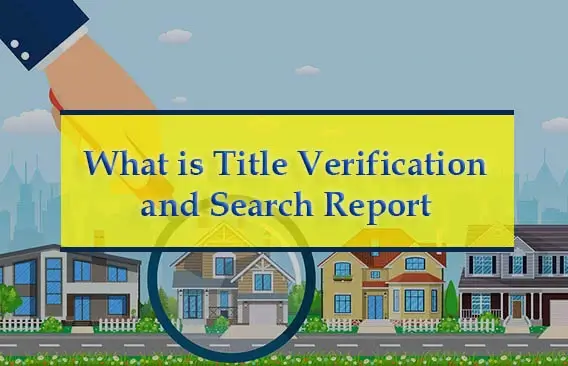Housing loan is a long-term financial commitment as it involves a larger loan amount and a longer tenure. The approval of home loan application ultimately depends on the borrower’s credit score and their ability to make margin contribution or down payment as well as the ability to make timely repayment in the future.
Ask yourself the following questions for evaluating your preparedness for availing a home loan:

Do you have sufficient fund for making down payment or margin contribution?
Home loan applicants are allowed to finance up to 75%-90% of a home property’s cost through a home loan. The rest of the amount has to be arranged by the applicants from their own fund sources. Hence, if you are planning to avail a home loan, aim at accumulating 10%-25% of the property value to make the down payment or margin contribution. Paying a higher down payment or margin contribution has its benefits as it increases the chances of availing home loans, at increasingly lower interest rates. As a higher down payment reduces the credit risk for the lender, many lenders have started offering lower interest rates to loan applicants making higher down payment or margin contribution.
Do you have a ‘good’ credit score?
Consumers having credit scores of 750 and above are considered as financially disciplined and hence, carry lower credit risk for the lenders. The reduced credit risk for the lenders also leads many lenders to offer preferential interest rates to applicants having a higher credit score. Hence, start working towards having a credit score of 750 and above if you are planning to avail a home loan in the future. Start the process by fetching your credit report at periodical intervals from the credit bureaus or online financial market places. Doing so will allow you to detect clerical errors, if any. You must also exercise financial discipline and follow good credit habits like paying your credit card bills and existing EMIs by the due date, maintaining credit utilization ratio within 30% and avoiding multiple loan or credit card applications within a short span. Following these steps will steadily build or improve your credit score.
“Opt for a credit card to build your credit score if you have never availed any loan or credit card in the past. The transactions made through credit cards are considered the same as availing loans and hence, are reported to the credit bureaus. This information is then used to evaluate credit score of the card holders. Opt for a secured credit card if you cannot avail a regular credit card due to inadequate income, job profile, unserviceable location, etc. Secured credit cards are similar to regular credit cards except for the fact that these are issued against bank fixed deposits as collateral. The transactions made through secured credit cards are also reported to the credit bureaus and are used for calculating your credit score,” says Ratan Chaudhary, Head of Home Loans, Paisabazaar.com.
Have you included your expected housing loan EMI in your emergency fund?
Loss of income owing to illness, job loss, disability, among others, can adversely impact your loan repayment capacity in the future. Failing to repay home loan EMIs by their due date would attract heavy penalty and reduce your credit score and future loan eligibility. Liquidating your existing investments to repay home loan EMIs can adversely impact your long-term financial health. An ideal way to ensure continued repayments during financial exigencies is to add at least 6 months’ projected EMIs of your new home loan to your emergency fund.
Do you have adequate housing loan repayment capacity?
Home loan lenders usually prefer to lend to applicants having monthly loan repayment obligations, including the EMI of the new housing loan, within 50%-60% of their monthly income. Those exceeding this limit have lower chances of loan approval. Hence, if you are exceeding this limit, then try to foreclose or prepay some of your existing loans to reduce your monthly repayment obligations. If this is not possible, then opt for a longer home loan tenure to reduce the EMI of your home loan.
“You can use online home loan EMI calculators to find out optimum EMI for your new home loan. Factor in monthly contributions required for crucial financial goals while calculating EMI as neglecting those can lead you to avail costlier loans in the future for meeting your financial goals,” says Chaudhary.
Source : Financial Express website




